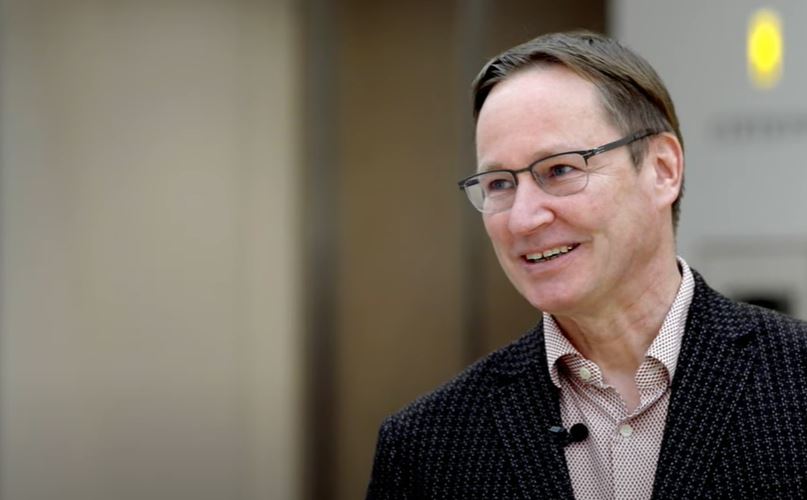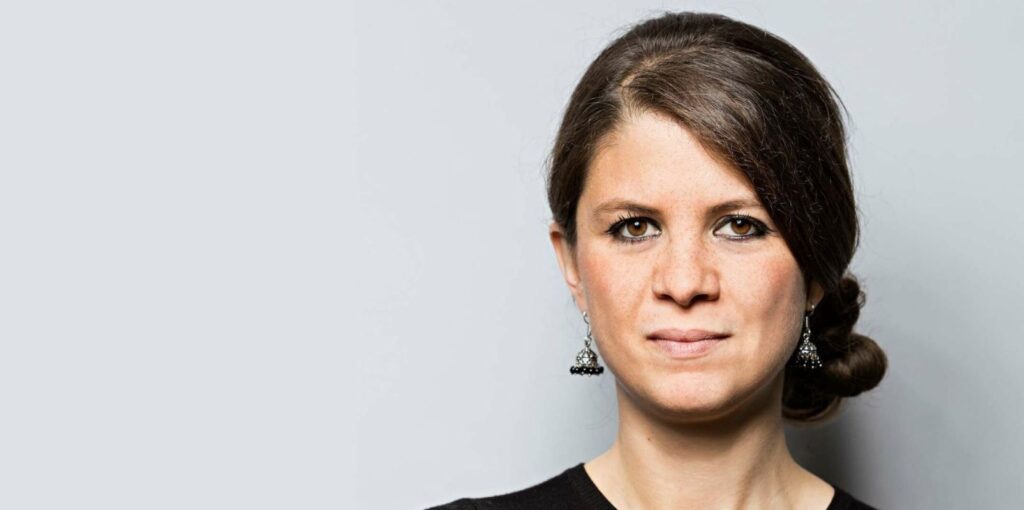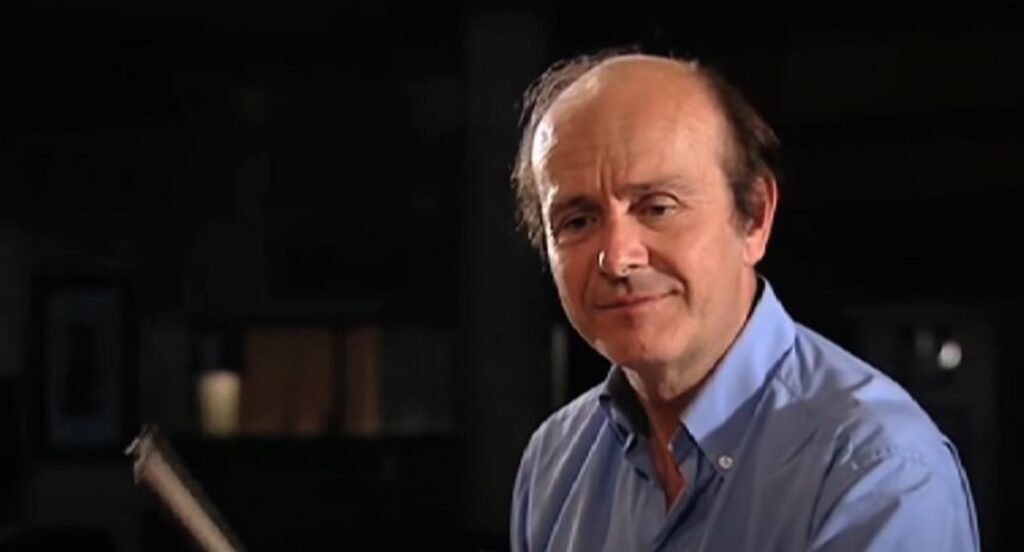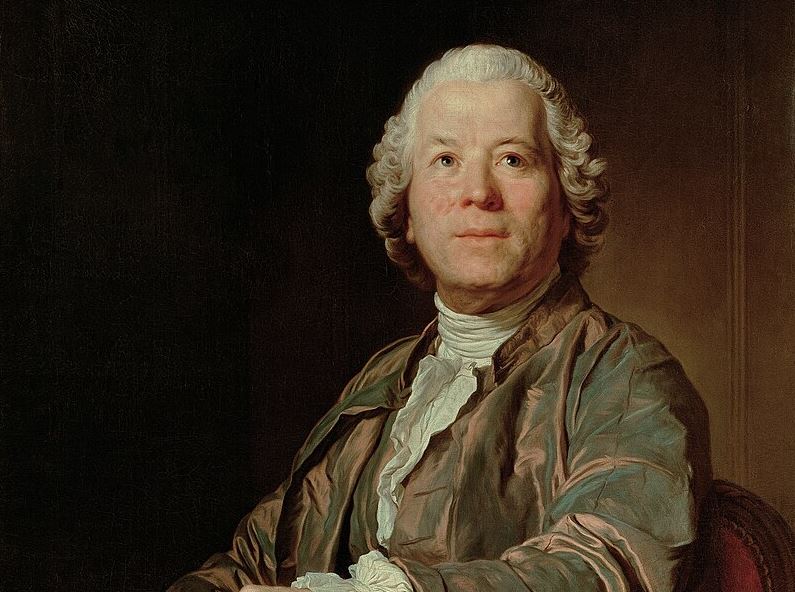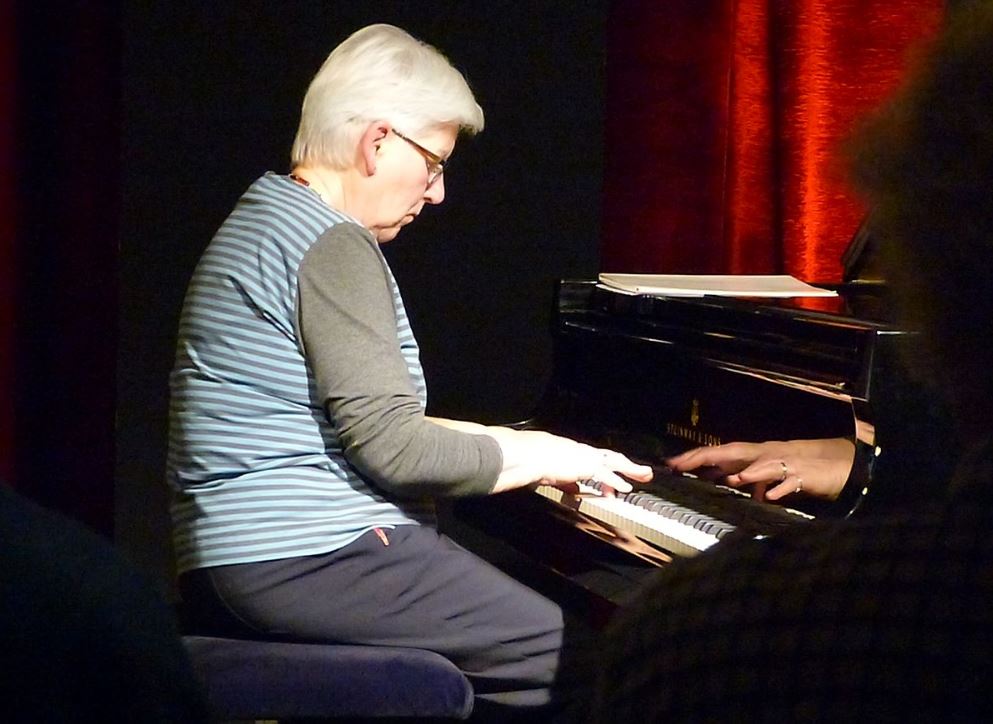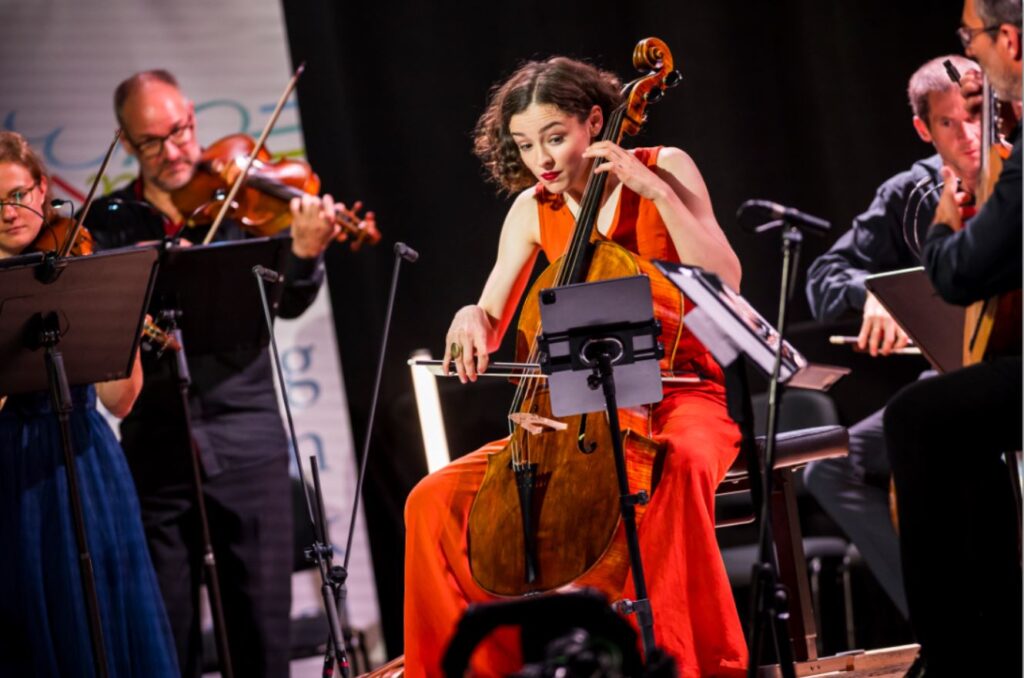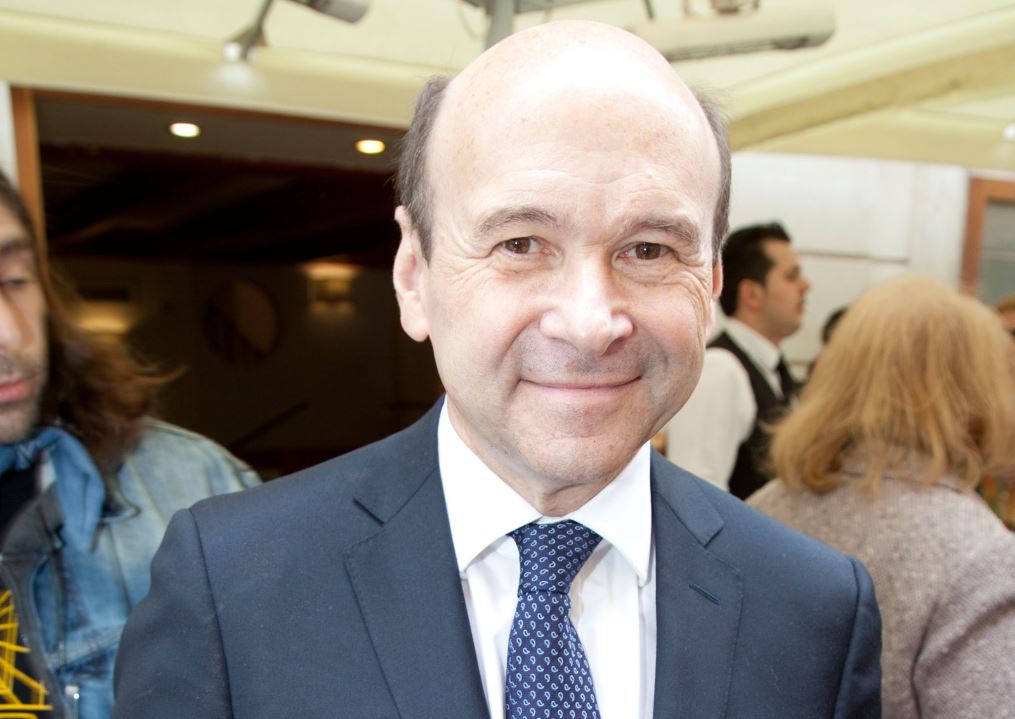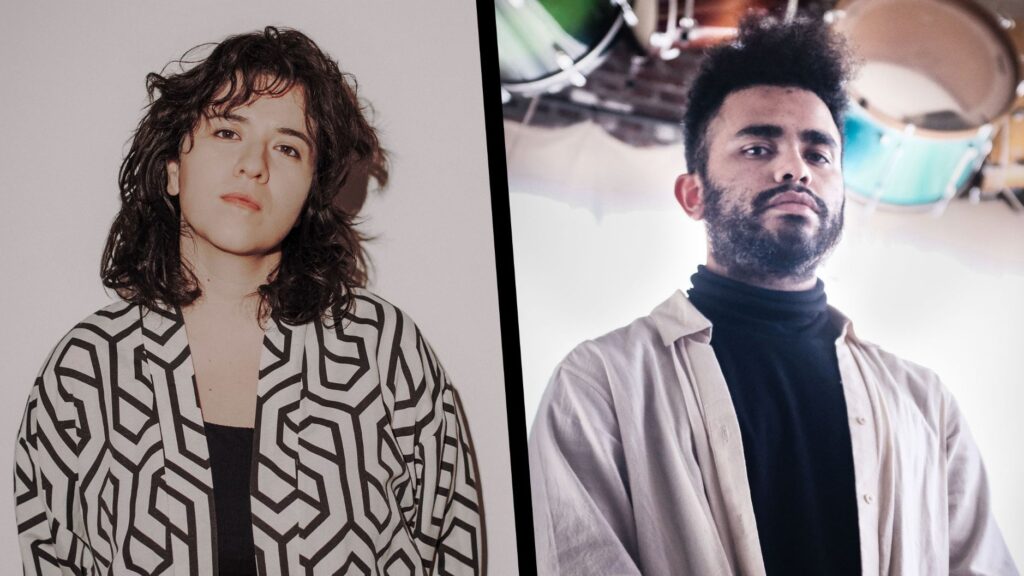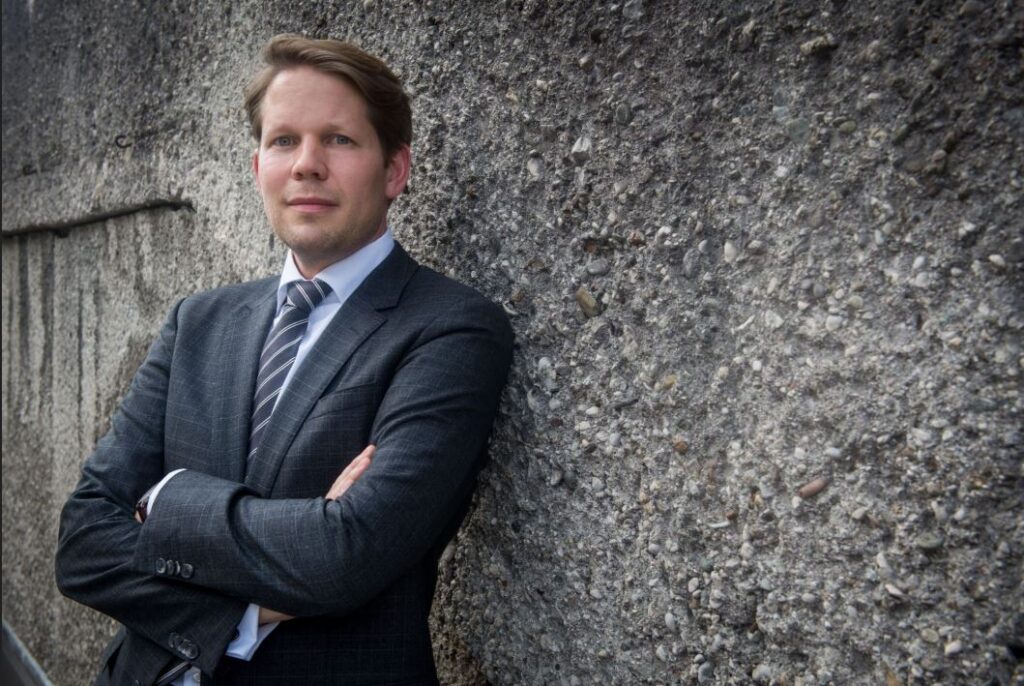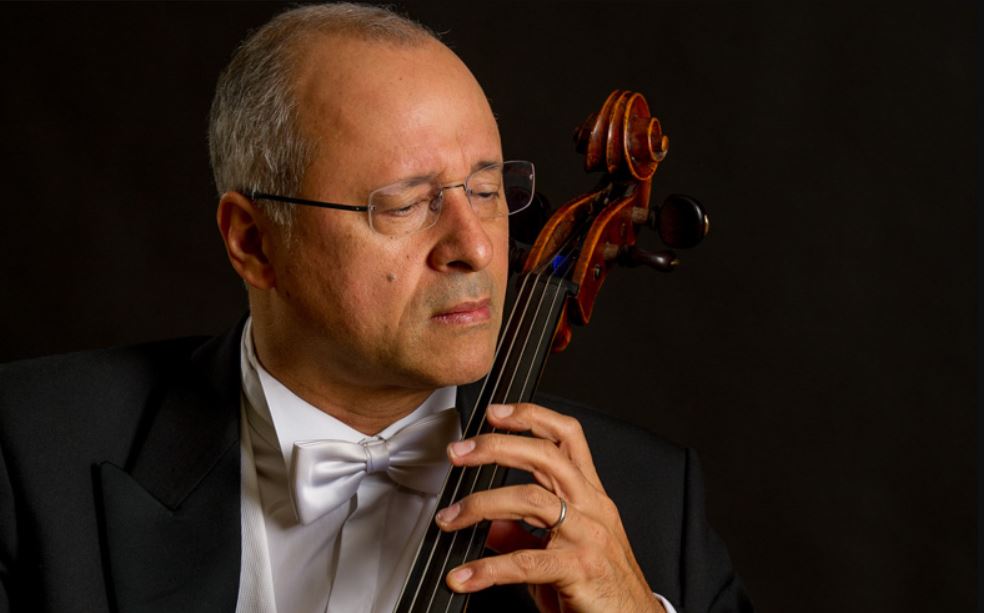Death of the composer Wolfgang Rihm
The composer Wolfgang Rihm, who was closely associated with the Lucerne Festival, has died at the age of 72, according to a statement from Universal Edititon.
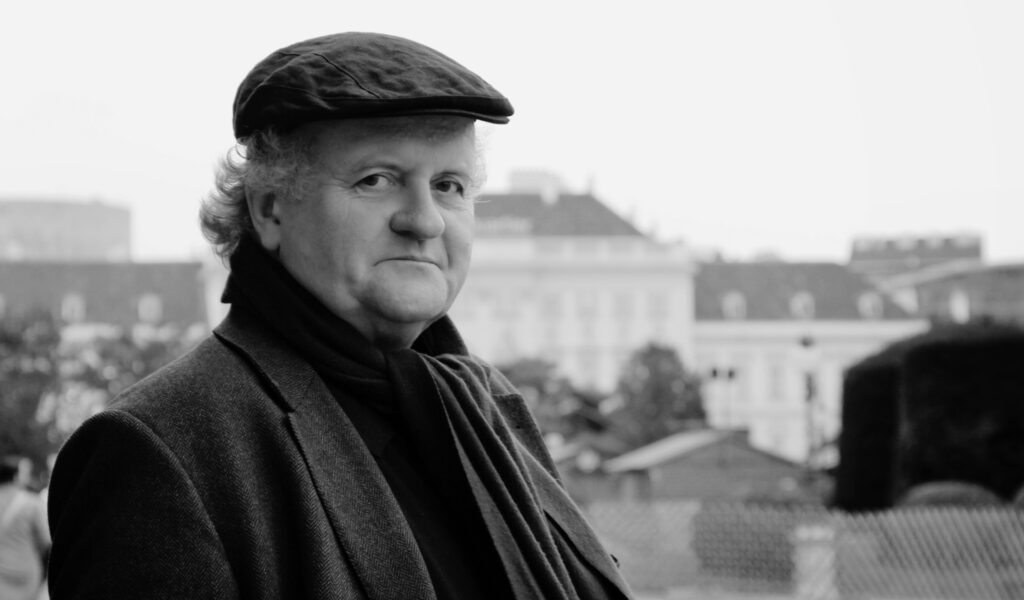
Born in Karlsruhe in 1952, he studied with Eugen Werner Velte at the Karlsruhe University of Music from 1968 to 1972. Here he intensively studied the music of Arnold Schönberg and Anton Webern. At the same time as his Abitur, he also completed his studies in composition and music theory here. Further studies led him to Karlheinz Stockhausen in Cologne. He studied composition and musicology at the Hochschule für Musik in Freiburg. This was followed by his own lecturing activities in Karlsruhe, at the Munich University of Music and at the Darmstadt Summer Courses, which he regularly attended. In 1985, Rihm took over the professorship for composition at the Karlsruhe University of Music.
The general public was Wolfgang Rihm with the performance of his orchestral work Morphony - Sector IV at the Donaueschingen Music Festival in 1974. He achieved another milestone with the chamber opera Jakob Lenz 1977, which was to mark the beginning of his collaboration with Universal Edition.
Wolfgang Rihm's most important works include the operas The Conquest of Mexico, The Hamlet Machine, Dionysus, Jakob Lenz, Proserpina and The enclosure. In the area of orchestral repertoire, the most important are Transformation 1-6, Near Distance 1-4, Transitus IIIhis Second Piano Concerto and the works Serious singing, sung time or Light play to name a few. Among many other works he wrote for smaller ensembles Hunts and Forms, Séraphin Sphere, Scraps or Mnemosyne.
In addition to his musical oeuvre, which includes over 400 works, Rihm was known for his commitment to cultural policy. He was a member of the executive committee of the German Composers' Association and the German Music Council, a member of the board of trustees of the Heinrich Strobel Foundation and a member of the GEMA supervisory board. From 1984 to 1989, he was also co-editor of the music magazine Melos and acted as musical advisor for the Deutsche Oper Berlin and the Center for Art and Media Karlsruhe.
Wolfgang Rihm is one of the most frequently performed contemporary composers in Europe. Bhis last position was as Artistic Director of the Lucerne Festival Academy in the planning of the Lucerne Festival. The Berliner Philharmoniker will dedicate a composer-in-residency to Rihm and his works in the upcoming 2024/25 season.






